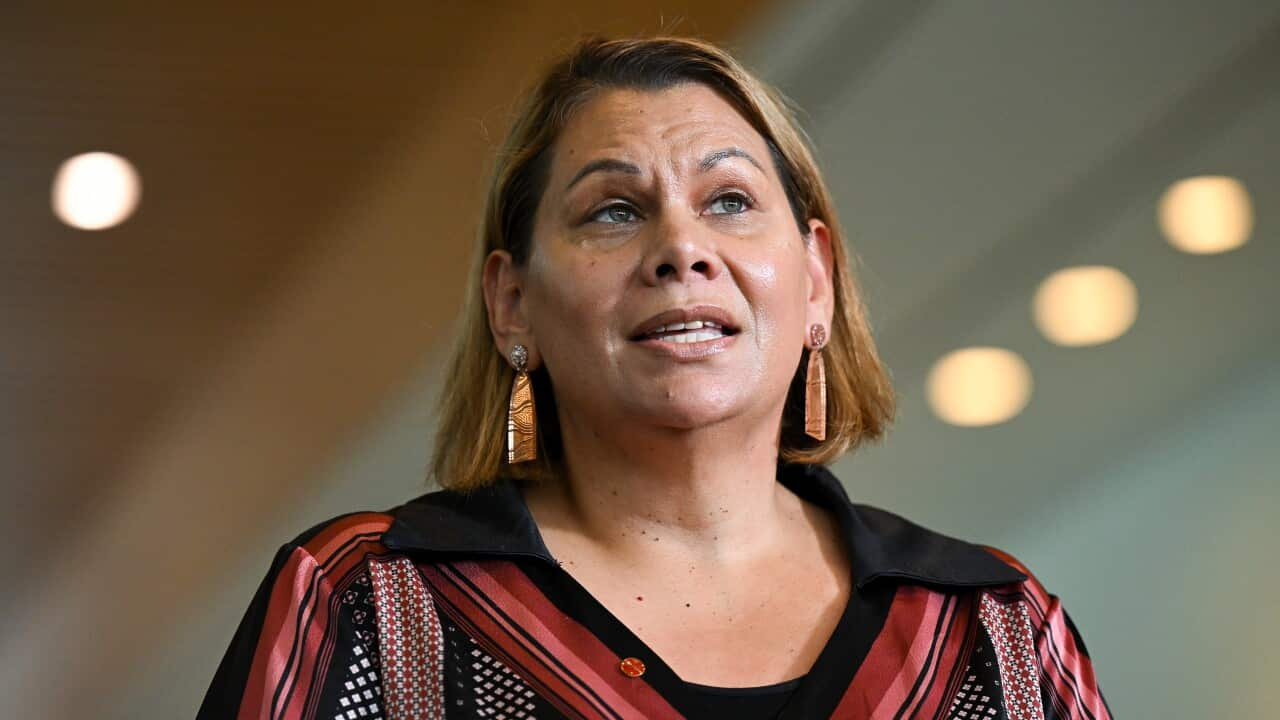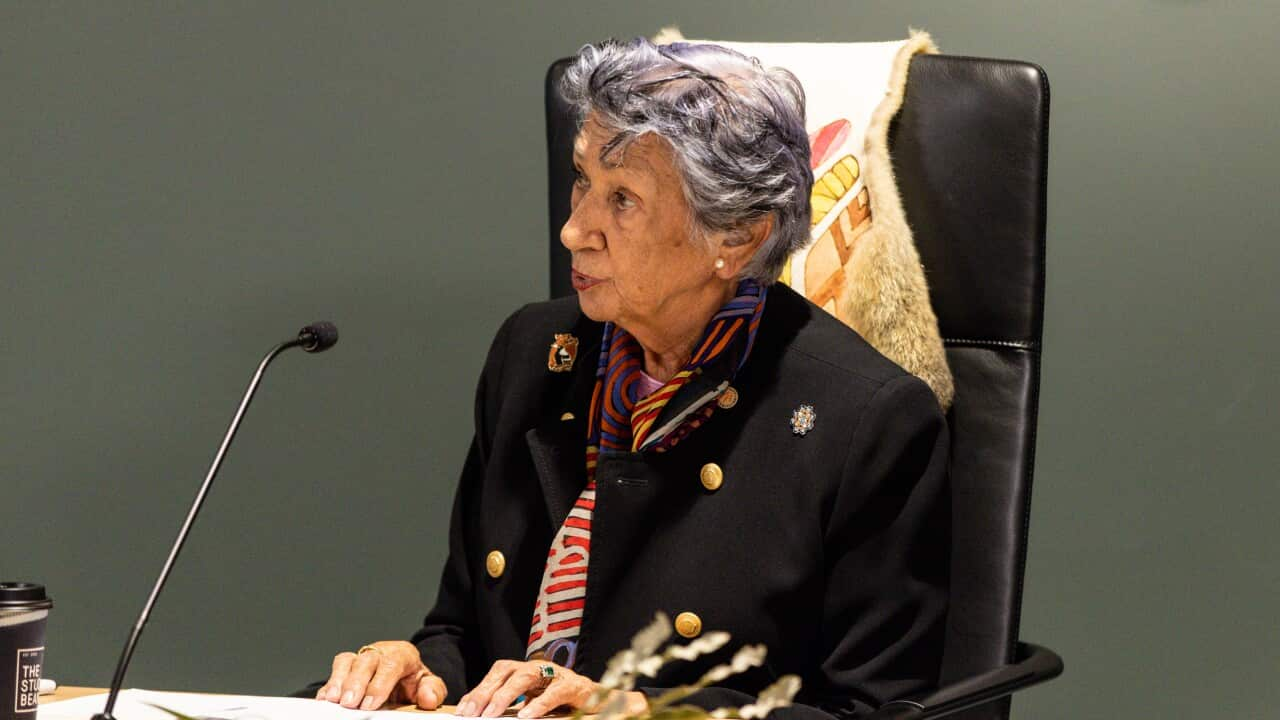A Senate inquiry into missing and murdered Indigenous women and children has heard calls for community-led and community-controlled solutions to deal with the epidemic of domestic, family and sexual violence in the Northern Territory.
Witnesses at the Senate committee hearing in Darwin on Thursday detailed how racial stereotypes, lack of cultural understanding, inadequate resources, disadvantage and grossly inappropriate policing meant Indigenous victims of violence were falling through the cracks.
Dr Chay Brown, a specialist domestic family and sexual violence researcher affiliated with the Australian National University and Tangentyere Council in Alice Springs, said Indigenous women in the NT were disproportionately represented in term of violence.
They are eight times more likely to be assaulted than non-Indigenous women and almost 13 times more likely to be killed by their intimate partner.
"As shocking as these figures may be, they only tell a fraction of the story or the very tip of the iceberg," Dr Brown told the hearing.
"This is because approximately only 10 per cent of domestic family and sexual violence is reported to formal agencies like police.
"And when it comes to intimate partner violence or domestic violence homicides, the reality is that no one is keeping count."
Dr Brown also said that population-based funding models and nationwide programs were inappropriate for the needs of communities in the NT.
"We are talking about communities that don't have phone network coverage, communities that don't have sealed roads, there's no public transport, there's no services on the ground and those that do have services, those services are just drastically underfunded," she said.
The inquiry will also look at how institutions respond to the deaths and disappearance of Indigenous women and children.
Greens senator Dorinda Cox - a former West Australian officer - said police are a massive part of the problem.
Senator Cox asked how effective they could be when there were no Aboriginal people in the police executive.

Greens senator Dorinda Cox says there are no Aboriginal people in the NT police executive. Source: AAP / Lukas Coch
"And we have the highest ranking person at substantive sergeant - can we see how fundamentally wrong that looks?" Senator Cox said, referring to NT Police.
"I know how your organisation works - I've worked on the inside.
"It is fundamentally flawed when we sit here and you say 'we're running out cultural awareness, we're doing these things with community engagement'.
"What is happening in the Kumanjayi Walker case (a coronial inquest into the police killing an Aboriginal teenager) is front and centre of the absolute challenge you have about the culture of your organisation and not one Black person in your organisation is going to be able to challenge that unless they're on your executive or you're going to have a First Nations commissioner."
The inquiry heard from NT Police commander for domestic violence and youth services Sachin Sharma.
Mr Sharma, who previously gave evidence at an NT coronial inquiry into the deaths of four Aboriginal women in 2023, said preventing domestic violence required radical change.
"We cannot keep the status quo in circumstances where it is known that the incidence of intimate partner domestic violence in the NT is more than seven times the national average," he said.
"The epidemic of domestic violence in the NT and the overwhelming demand on services and the need for better co-ordination across all government agencies, stakeholders, external providers and communities.
"We believe that radical change is the only acceptable way forward."
NT police were implementing changes to the way they related to Indigenous communities, Mr Sharma added.
Rachael Hill, from the North Australian Aboriginal Family Legal Service, said there were only 19 safe houses for women fleeing violence in the 49 communities they worked in - and only three were Aboriginal-controlled organisations.
Further to this, two communities have men's behaviour change programs, but none have family dispute resolution services.
"These are chronically underfunded, understaffed and undervalued yet when properly funded, they were a source of employment, a symbol of women's rights and a source of community pride, such as the Galiwinku women's space," she said.
"The one takeaway message ... is that the only way to tackle domestic violence in our 49 remote communities is community.
"Community-controlled and community-led solutions ... everything else will be temporary, transcendent and transactional."
The federal Senate inquiry comes after a 2022 Four Corners investigation revealed at least 315 First Nations women and children were either missing, killed or murdered under suspicious circumstances between 2000 and 2022.
The day of sittings in Darwin was the latest in a series of hearings around the country which have previously been held in various places across Queensland, New South Wales, Western Australia and the Australian Capital Territory.
13YARN 13 92 76
Aboriginal Counselling Services 0410 539 905
1800 RESPECT (1800 737 732)
Lifeline 13 11 14
National Sexual Abuse and Redress Support Service 1800 211 028














